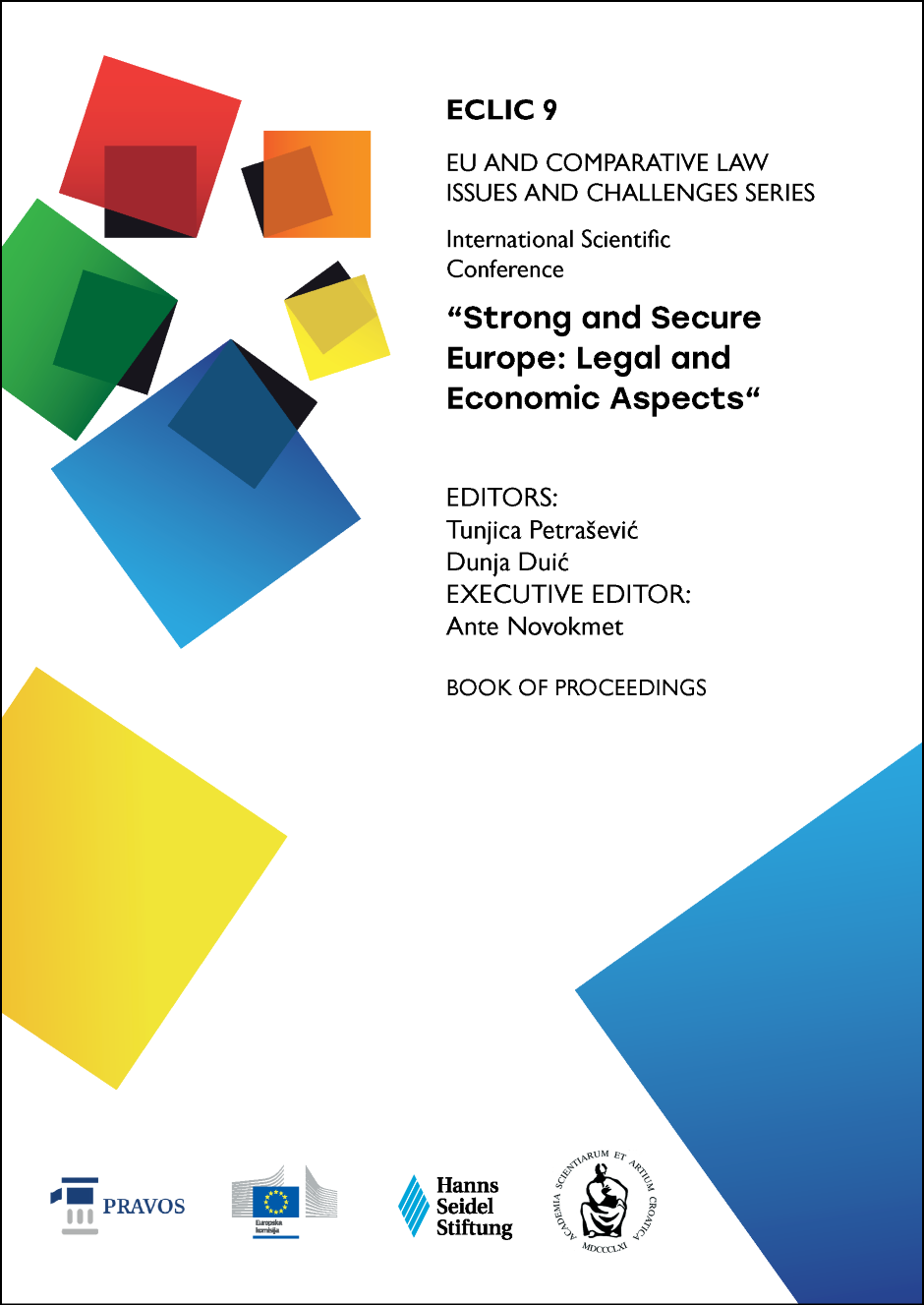HAPING GLOBAL TRADE NORMS
THE EU-MERCOSUR AGREEMENT AND THE EU’S ROLE IN THE INTERNATIONAL ORDER
DOI:
https://doi.org/10.25234/eclic/38094Abstract
This paper examines the EU-Mercosur Association Agreement as a critical test of the Union’s capacity to project normative influence through trade while preserving strategic interests. It reconstructs two decades of negotiations, compares the final text with CETA (EU-Canada) and the EPA (EU-Japan), and assesses whether the 2024 revisions convert aspirational clauses on sustainability, labour rights and climate action into justiciable obligations. A qualitative analysis of topic exposes an asymmetry: extensive tariff liberalisation and regulatory gains coexist with fragile enforcement mechanisms and the complex ratification requirements of a mixed agreement. The revised annex designates the Paris Agreement and anti-deforestation commitments as “essential elements”, yet their effectiveness depends on administrative capacity, participatory monitoring and an untested rebalancing procedure. The paper concludes that the Agreement’s implementation will reveal whether the EU can reconcile market power with normative credibility amid intensifying geo-economic competition in Latin America and beyond today.
Downloads
Published
Issue
Section
License
Copyright (c) 2025 Eimys Ortiz-Hernández

This work is licensed under a Creative Commons Attribution-NonCommercial 4.0 International License.
Authors retain the copyright on the papers published in the Journal, but grant the right of first publication to the Journal. Papers accepted for publication or already published in ECLIC of the Faculty of Law in Osijek may be published by the author(s) in other publications only with proper notice of its previous publication in ECLIC.


